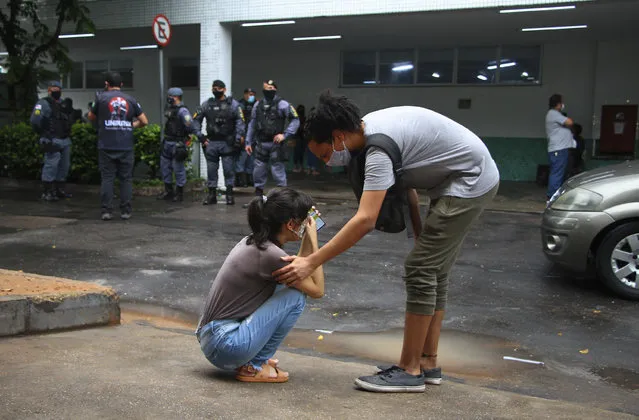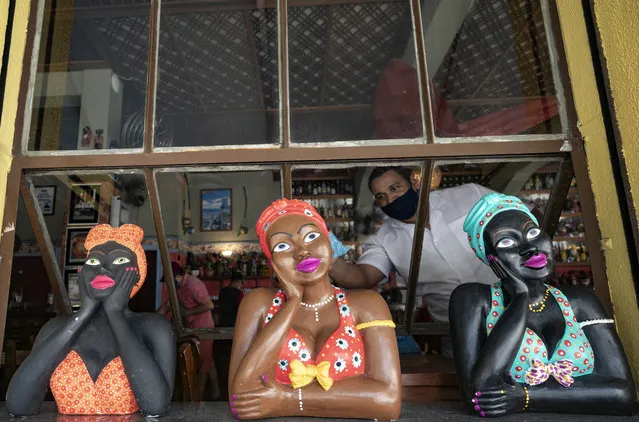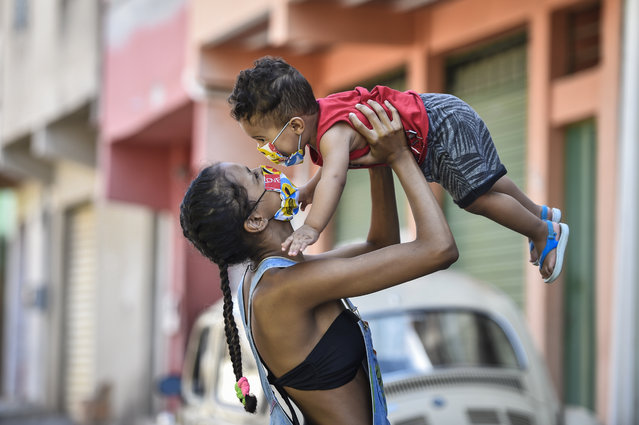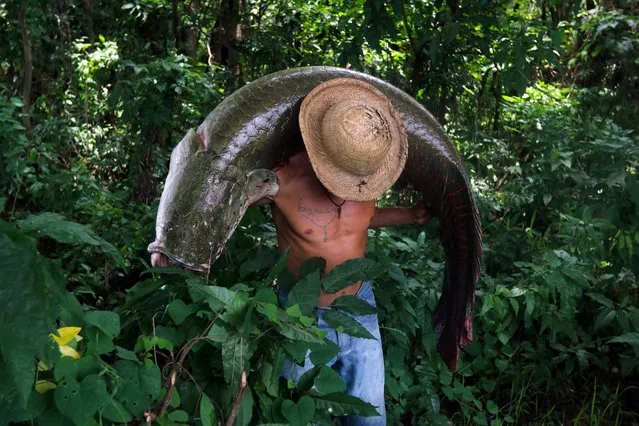
A gaucho rides an unbroken or untamed horse during Creole week celebrations in Montevideo, March 23, 2016. All Easter week gauchos all over Uruguay and neighboring Argentina and Brazil come to Montevideo to compete for the award of best rider. (Photo by Andres Stapff/Reuters)
25 Mar 2016 13:16:00,post received
0 comments







